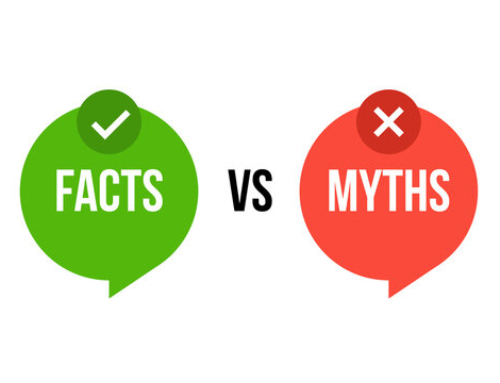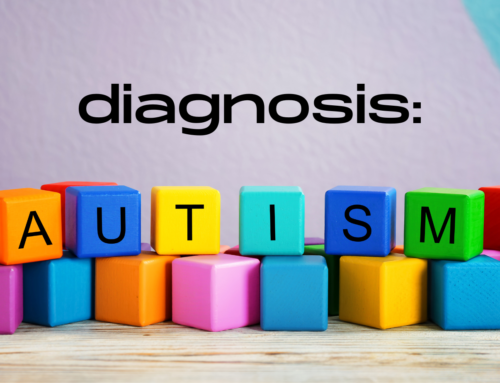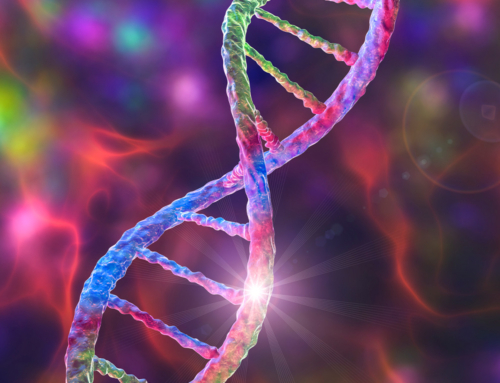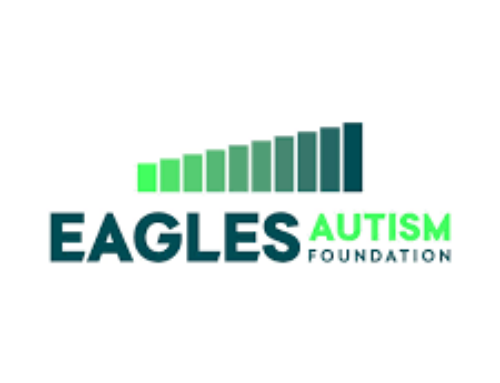Fifteen years ago, when Steve Silberman broke the story of Silicon Valley’s autism ‘epidemic’, he
saw it as a problem. Now he’s changed his mind and has published a book about understanding and accepting autism spectrum disorders.
Fifteen years ago, Steve Silberman was working as a journalist for Wired magazine in San Francisco, as the digital revolution was really taking off. He was sitting in a cafe, telling a friend how he’d recently met two Silicon Valley power couples, each with a profoundly autistic child, when a teacher at the next table overheard and butted in: “There’s an epidemic of autism in Silicon Valley. Something terrible is happening to our children.” Silberman’s story on the topic, The Geek Syndrome, was published by Wired in 2001.
Back then, it was not uncommon to hear autism spoken about in this way. But understanding and acceptance have since progressed in leaps and bounds. Silberman’s new book, Neurotribes: The Legacy of Autism and How to Think Smarter About People Who Think Differently, tells the story of how this transformation happened – the research, the parents and therapists, and above all, the information networks that allowed everybody interested to share what they were finding out.
There’s nothing remotely surprising, as Silberman points out, about a Wired journalist writing about the neurodiversity movement. Autism-spectrum people are frequently seen to have an affinity for computing, and spectrum traits have been noticed in Bill Gates, Steve Jobs and so on. “In the past 40 years,” Silberman writes, “some members of this tribe have migrated from the margins of society to the mainstream … The kids formerly ridiculed as nerds and brainiacs have become the architects of our future.”
“Before we start, can I ask you a couple of questions?” Silberman says when I Skype him at his home in San Francisco. Do I consider myself autistic? Do I have a child with autism? No, I answer to both questions, then fire the same ones back at him. Silberman doesn’t have autism in his family, either. “When people ask if I’m on the spectrum, I sometimes say no, I’m hyper-neurotypical. I’m kind of an extrovert, very social, very chatty.” But he’s always been drawn, he says, to “loners, programmers, science geeks, maths geeks”. His husband, Keith Karraker, a high-school chemistry teacher, has more spectrum traits than he does. “So I approached the subject from an unusual angle.”
Read the whole story at The Guardian






